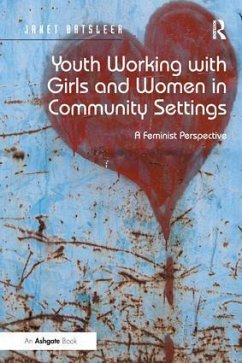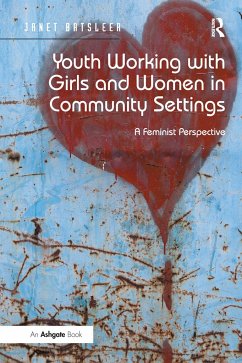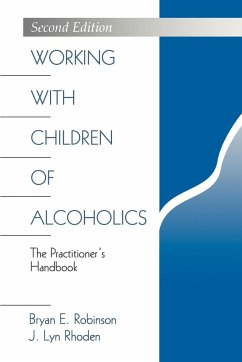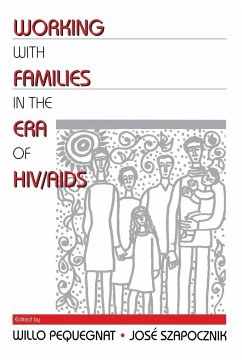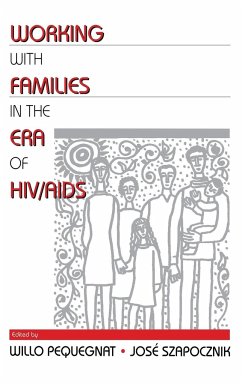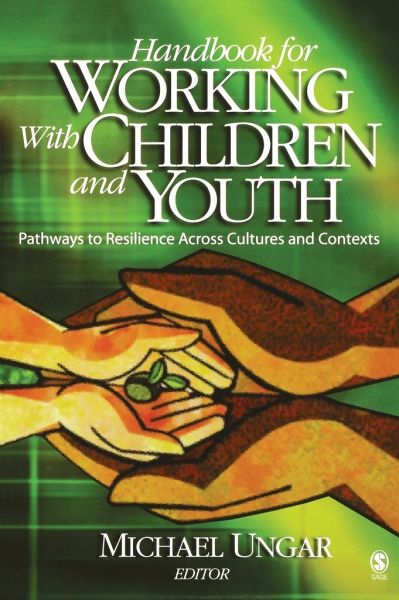
Handbook for Working with Children and Youth
Pathways to Resilience Across Cultures and Contexts
Versandkostenfrei!
Versandfertig in 1-2 Wochen
91,99 €
inkl. MwSt.

PAYBACK Punkte
46 °P sammeln!
The Handbook For Working With Children & Youth: Pathways To Resilience Across Cultures and Contexts examines lives lived well despite adversity. Calling upon some of the most progressive thinkers in the field, it presents a groundbreaking collection of original writing on the theories, methods of study, and interventions to promote resilience. Unlike other works that have left largely unquestioned their own culture-bound interpretations of the ways children and youth survive and thrive, this volume explores the multiple paths children follow to health and well-being in diverse national and int...
The Handbook For Working With Children & Youth: Pathways To Resilience Across Cultures and Contexts examines lives lived well despite adversity. Calling upon some of the most progressive thinkers in the field, it presents a groundbreaking collection of original writing on the theories, methods of study, and interventions to promote resilience. Unlike other works that have left largely unquestioned their own culture-bound interpretations of the ways children and youth survive and thrive, this volume explores the multiple paths children follow to health and well-being in diverse national and international settings. It demonstrates the connection between social and political health resources and addresses the more immediate concerns of how those who care for children create the physical, emotional, and spiritual environments in which resilience is nurtured.






